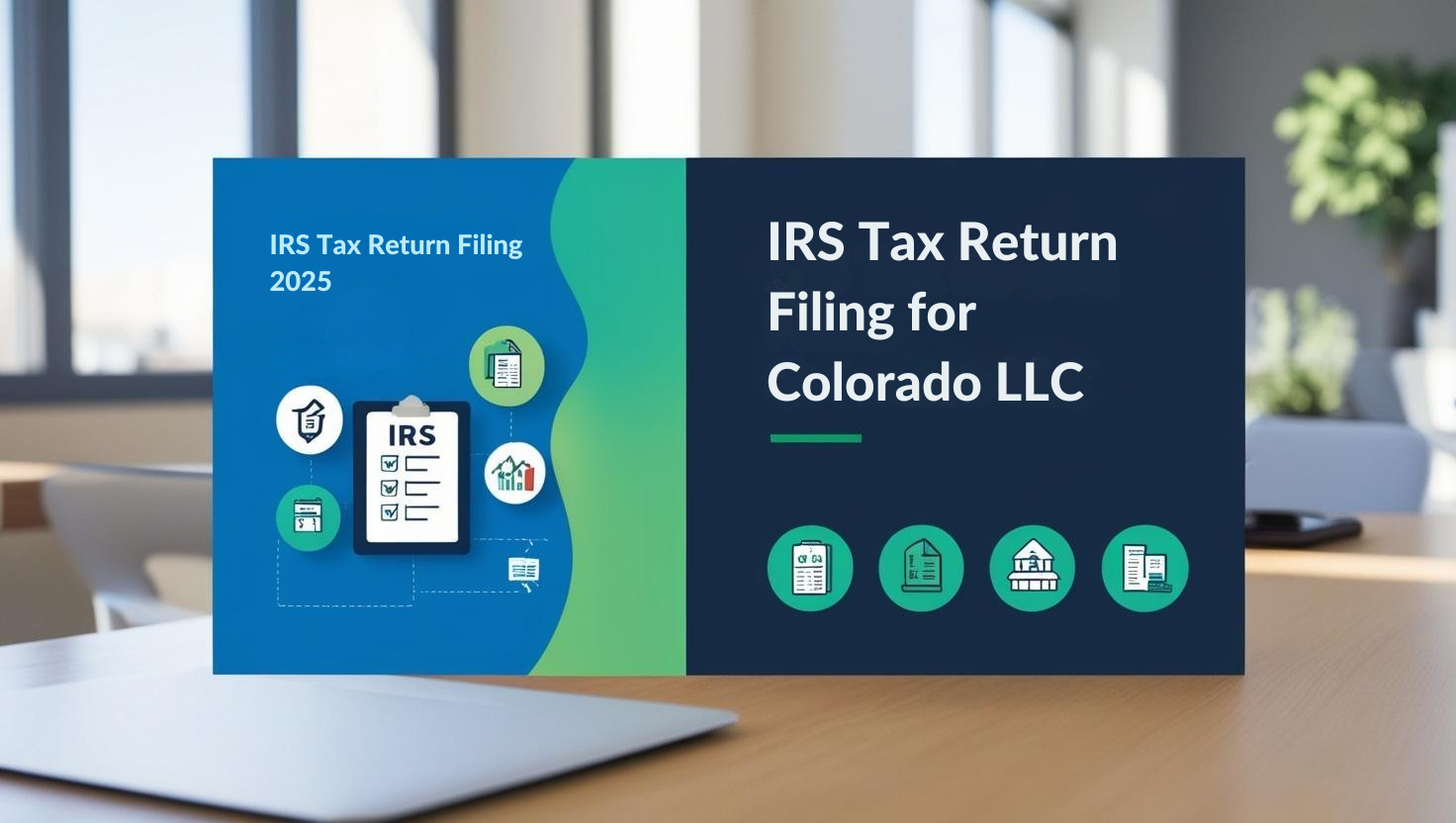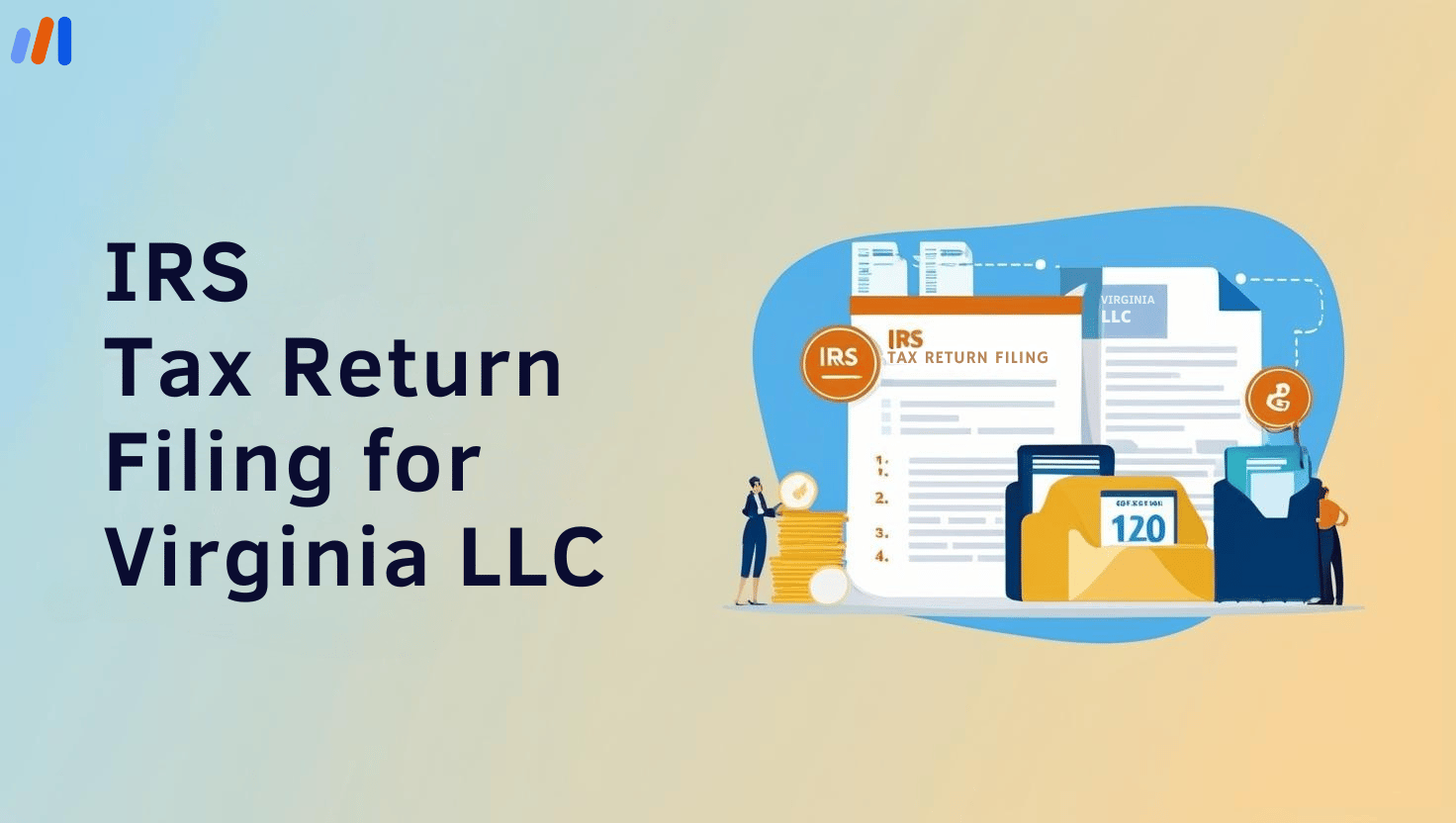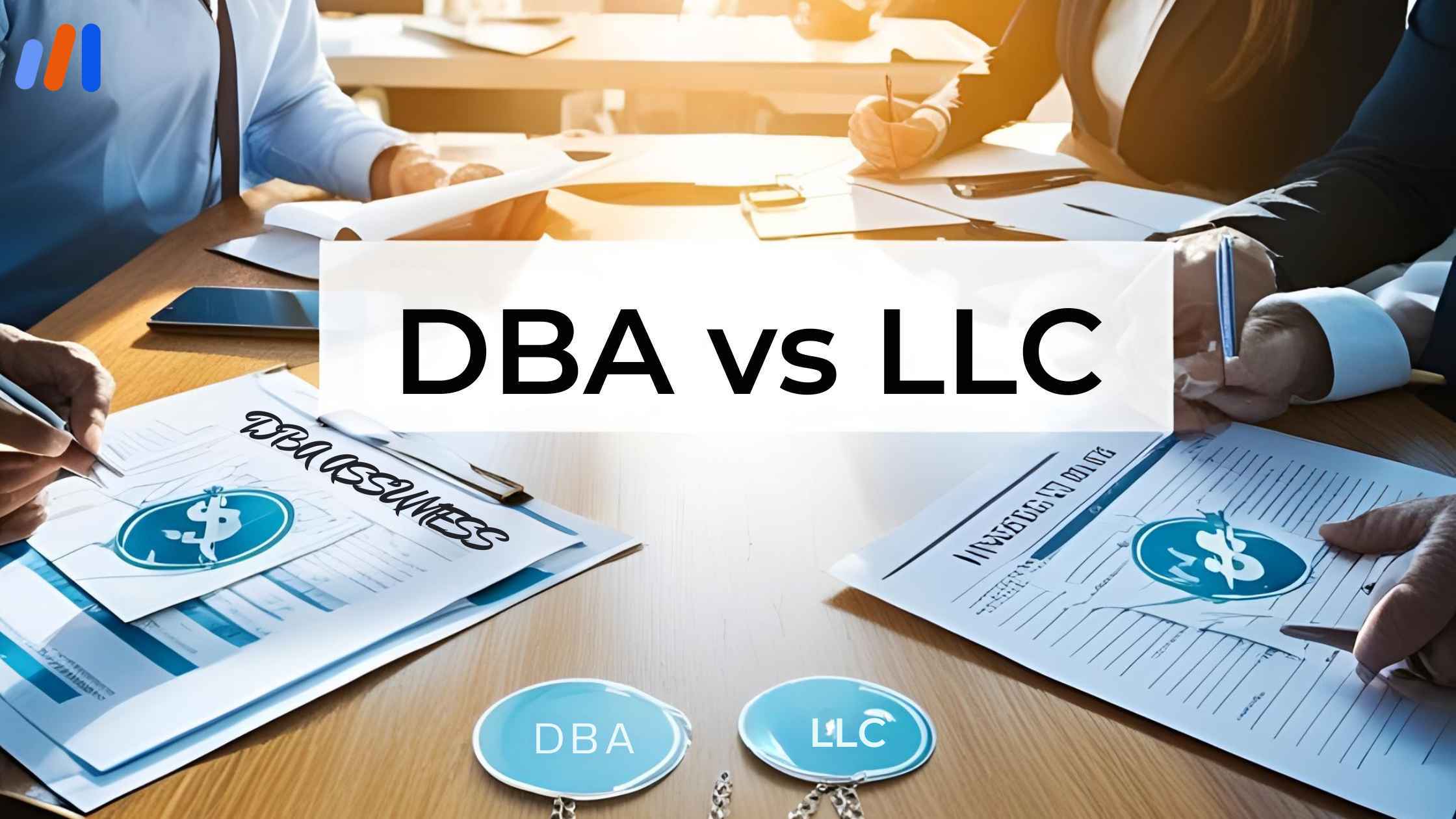A Limited Liability Company (LLC) is popular in the USA because it provides personal liability protection and operational flexibility.
When forming and running an LLC, however, certain legal and practical challenges will be posed to minors (those below the age of eighteen).
Thus, the question is, Can a minor own an LLC? will depend on the initial state laws, the contract rules, and the scope of the business.
In this article, we guide the reader through the main points of reasoning, problems, and their possible solutions on this matter.
Legal Restrictions for Minors Forming an LLC
1. State Laws Requiring Minimum Age
Some rules apply for anyone who wishes to form an LLC, in most of the states, some states do set aggregate requirements as other states have no minimum age requirements whatsoever.
Although several jurisdictions do not explicitly state that “minors shall not form LLCs,” others have the age of 18 years or more for members. For instance:
- States Without Explicit Age Limitations: In California, New York, and Texas, for instance, people of all ages can participate in the LLC. Even if, however, it would still be possible even if there were existing barriers.
- States with Minimum Age Requirements: In some states, at least one member or founder of an LLC shall be an adult. For example, in Florida, a minor cannot serve as an organizer of an LLC.
However, it is very important to consult the LLC formation laws of the respective state in question so that the presence of such age restrictions can be checked.
2. Contractual Capacity
Even in the states where LLCs can be registered by people below the age of 18, these individuals will have a difficult time because almost everything would require some documents to be signed off and this is where the problems begin as there are considerable restrictions on minors in signing contracts as a whole.
Unfortunately, in the United States, minors are generally regarded as lacking operational capacity which has the following implications:
In most cases, contracts that minors sign can be undone if the minor chooses. Minors are free to disregard contracts without consequences but this could lead to uncertainties for other business partners or clients.
Due to these circumstances, it is possible that contractors will not want to enter into a contract with an LLC whose owner is a minor. This would hinder the operations of an LLC.
Other types of common contracts that may be involved in the operation of an LLC such as operating agreements, vendor agreements, and leases may now become a problem as a result of these limitations and problems.
3. Legal Liability and Accountability
Understanding what members of an LLC are liable for can be very important for anyone who creates a limited liability company. Members are protected when it comes to business debts or financial obligations.
However, a minor is an individual who will often be questioned by the law as to whether they can comprehend and manage an LLC. If an issue goes to court involving an LLC, there are chances that the legal authorities may think that the minor cannot manage the business effectively which puts the LLC at a higher risk.
Practical Challenges for Minors Running an LLC
1. Banking Requirements
There must be a business checking account that separates business transactions from personal funds in an LLC. Though for every rule there is an exception, usually applicants are required to be eighteen years or older when opening a business account or signing as an authorized person.
The LLC may be in danger of throwing its ability to manage its funds effectively out of the window without a business account.
In such cases, minors may need:
- A Co-Signer: A parent or legal guardian can act as a signer of the account and can be allowed to act as the authorized representative of the business.
- Alternative Financial Solutions: Joint business accounts or prepaid business cards can provide temporary solutions but may not always be enough to meet the requirements of a business fully.
2. Registered Agent Requirements.
Chapter one of the business law definition is the definition of registered agents. For instance, every single day, people are harmed by fires and explosions in homes and businesses.
Warranties often require the information needed to alter the coverage. Due to these statistics, each LLC must have a registered agent.
Under no circumstances should they be minors or receive unreliable legal training. Most states allow a registered agent to be a minor individually, though it is often seen as a bad decision.
3. Licensing and Permit Issues.
Mentorships operate within various legal jurisdictions such as counties, municipalities, or regions, meaning that a state’s limits and target goals may vary. The mentor will also require approval for local trade or business operations.
Many times, there is a compliance plan that must include licenses that are out of compliance and lack professional permits. The absence of such permits will trick the LLC into believing that they will be able to operate a business with no consequences or restrictions.
4. Lack of Business Experience.
Appropriate mentoring by skilled professionals is essential when it comes to making the right choices when it comes to investing in advertising, balancing the books, and operating an LLC.
Unfortunately, minors fit the description of lacking the skills and experience that would otherwise help them to address issues of this magnitude and have collateral effects on the success of the business in its entirety. Such mentorship can either be provided by their parents or professionals in the field.
Solutions for Minors Wanting to Form an LLC
Even though minors face hindrances when starting an LLC, the following ways are suitable to help get through these impediments:
1. Forming an LLC with an Adult Co-Owner
Minors can approach a partner and finalize an LLC with that partner who is above 18 years such as a parent, a guardian, or a trusted advisor. The adult can deal with different contractual works as well as banking operations and other legal processes while the minor manages the vision of the business and its operations.
2. Establishing a Trust for Ownership
Alternatively, a trust can be set up, with an adult as a trustee who manages the LLC in the minor’s best interest, who is the beneficiary of the trust and can assume ownership upon legal age.
3. Using a Proxy or Representative
Minors can use their parents or legal guardians as their representatives in signing contracts and carrying out their necessary functions. This allows the minor to be in charge of the property, but the day-to-day activities are performed by the parent or guardian.
4. Focusing on Small-Scale Ventures
For minors who are not able to comply with the requirements of registering an LLC, one possible option is to wait without the need for a formal registration for smaller, informal business activities such as freelancing, sole proprietorship, etc. to acquire experience and earn something until he turns 18 years of age.
5. Waiting Until Age 18
There are instances where the most logical or simpler alternative path is to wait until the minor reaches the age of majority which is 18 in this context. This also removes the legal practices needed to meet the requirements and that the said individual can run the limited liability company with no constraints.
Steps for Minors Forming an LLC
If the minor is resolved in proceeding with the registration of the LLC, the other procedures such as the following can be done for the approval to be guaranteed:
Research State Laws: Verify the age limits set by the state in which the said LLC shall be registered.
Seek Legal Advice: Discuss with an attorney draft and legal clauses on contracts and ownership relating to the operational agreement.
Appoint a Registered Agent: Appoint a responsible adult or professional agency to act as the registered agent for the business and receive all formal correspondence relevant to its registration.
Develop a Business Plan: Develop a coherent business plan that takes time horizons into account, specifying the goals of the business, how it operates, and how finance will be managed in the company or firm, being wanna be legal owners of the firm, longest businesses.
Conclusion
A minor can set up an LLC in some states but this has various legal and practical issues. These involve things like having to get contracts, open bank accounts, adhere to state laws, and other obstacles that make it nearly impossible to avoid having an adult participate or other arrangements be made.
Otherwise, minors may also use other means, such as working with a trusted adult, partnering with angels, and using trusts for effective strategies. So, minors can opt for extensive planning and lay the foundation of any business entity. Strategic dreams and execution are important to observe regulations and achieve success.
Book a free consultation with Easyfiling today to register your LLC in the United States.
File Your LLC Today
25$ off with a coupon
Lock in EasyFiling's transparent rates and get lifetime compliance support at no extra cost.
Get Started Now







